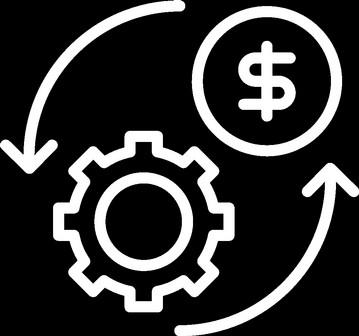

Forecast 2025-2032









Forecast 2025-2032






CFRP (Carbon Fiber Reinforced Polymer) recycling involves reprocessing end-of-life composite materials, including production scrap, out-of-date prepreg, and discarded components, to recover valuable carbon fibers. These recycled fibers retain up to 90% of their original strength, making them highly suitable for secondary applications in industries like automotive, aerospace, and wind energy. The recycling process primarily includes mechanical (grinding, shredding) and thermal (pyrolysis, fluidized bed) methods.


The market growth is driven by increasing gold mining activities, particularly in Asia-Pacific and Africa, where cyanide leaching remains the dominant extraction method. However, environmental concerns and stringent regulations pose challenges to market expansion.









Sustainability Mandates and Circular Economy
Initiatives Accelerate CFRP Recycling Adoption
Stringent environmental regulations worldwide are compelling industries to adopt sustainable material lifecycle practices, creating strong demand for CFRP recycling solutions. The European Union's Circular Economy Action Plan, which mandates 70% recycling targets for composite materials by 2030, has catalyzed over 200 million euros in recycling infrastructure investments across the region. Automotive and aerospace manufacturers face increasing pressure to reduce carbon footprints, with major OEMs now requiring 25-40% recycled content in new composite components.



Emerging microwave-assisted pyrolysis and supercritical fluid extraction methods demonstrate breakthrough potential, achieving 95% fiber recovery with near-virgin property retention in pilot-scale trials. These advanced processes operate at 40-50% lower energy inputs than conventional thermal recycling, addressing both cost and quality barriers. Patent analysis reveals 78 new technology filings in 2023 alone, signaling rapid innovation that could revolutionize the market. Early adopters are already deploying these systems, with one German recycler achieving 85% material reuse in automotive trim components through proprietary plasma purification techniques.


The automotive sector's rapid adoption of CFRP to meet strict emission regulations is creating parallel demand for recycled material solutions. With every 10% reduction in vehicle weight improving fuel efficiency by 6-8%, manufacturers are incorporating up to 30% recycled content in non-structural components. This trend is particularly strong in electric vehicles, where weight savings directly extend battery range.
Market analysts note that recycled carbon fiber now costs 40-60% less than virgin material, making it attractive for high-volume applications while maintaining the majority of original mechanical properties.


North America holds the second-largest market share (33%) in the global CFRP recycling industry, driven by advanced aerospace and automotive sectors pushing for sustainable material solutions. The U.S. dominates with robust R&D in pyrolysis-based recycling methods, supported by companies like Carbon Conversions and Carbon Fiber Remanufacturing. Environmental regulations, such as the EPA’s Resource Conservation and Recovery Act (RCRA), enforce strict guidelines for composite waste, accelerating adoption.
Europe leads the market with a 45% revenue share, attributed to stringent EU Circular Economy Action Plan targets mandating 70% recycling rates for composite materials by 2030. Germany and France pioneer chemical recycling technologies, with ELG Carbon Fibre and SGL Carbon operating large-scale facilities. The aerospace sector, including Airbus, significantly contributes to CFRP waste volumes, creating a closed-loop supply chain.




• Carbon Conversions (U.S.)
• ELG Carbon Fibre (U.K.)
• Karborek (Italy)
• Mitsubishi (CFK Valley Recycling) (Japan)
• JCMA (Japan)
• Carbon Fiber Remanufacturing (U.S.)
These companies represent some of the major key players driving innovation and growth in the market, contributing significantly to global supply and competitive dynamics.


Founded in 2015, 24chemicalresearch is a trusted name in global chemical industry intelligence. We specialize in delivering high-quality market research reports, empowering over 30+ Fortune 500 clients with data-driven insights for strategic growth. Our team of experienced analysts delivers customized, reliable, and timely research backed by a rigorous methodology. From mining regulatory trends to forecasting market opportunities, our reports help companies navigate industry challenges, stay competitive, and grow confidently.
As a one-stop platform for the chemical sector, we offer:
• Deep specialization in chemical market analysis
• Customized reports tailored to your needs
• A robust portal with free samples, consulting, and competitive insights














